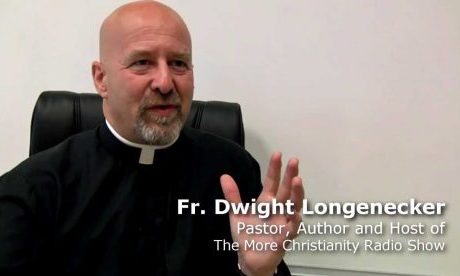I am not a moral theologian or a canon lawyer, so I do not feel qualified to comment on the content of Amoris Laetitia, Pope Francis’s controversial document on the family that includes a cautious opening to Communion for the divorced and civilly remarried.
Being caught up in busy parish life, I also don’t have the time (or inclination) to read all the commentary and debate on the document. I read the whole thing, thought it was good, and commented on it briefly.
I don’t have any problems with Pope Francis’s teaching, and when it comes to dealing with the divorced and remarried, obviously something needs to be done, so I’m glad the powers that be are trying to sort things out.
I’m also glad that those who are more qualified than I am, and who have the stomach for that sort of thing, are willing to do some nit-picking, put on their gloves and get involved in theological slug-fests if need be.
It is often through conflict and dialogue that clarity is achieved.
However, although I am not a moral theologian, I do have some experience and training in communications.
So, while I leave it to others to quarrel about the pope’s teaching, it does seem that, from a communications point of view, the document and its subsequent handling has been a shipwreck.
The problem can be traced to a seemingly innocuous footnote in chapter eight, in which the pope seems to open the door for some divorced and re-married Catholics to receive Communion.
It might seem a tiny problem, but the tiniest hole in the hull of a ship can bring the whole thing down. The pope’s critics have picked at the footnote. The leak got worse, and his supporters still haven’t plugged it. Continue reading
- Fr Dwight Longenecker studied theology at Oxford University and served as a Anglican priest before becoming a Catholic.
